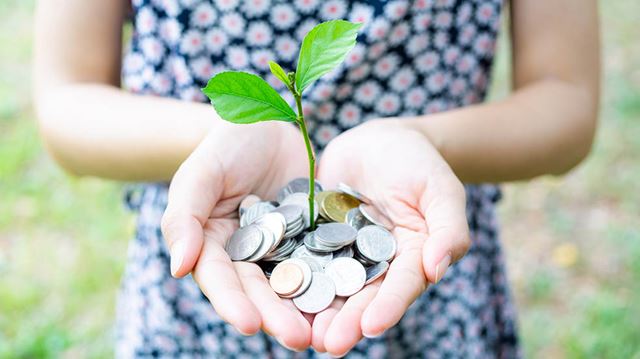
Whether you’re looking to cut your household bills or do more for the environment (let’s agree: both), July is the perfect month to make a difference
Last year, an incredible 250 million people took part in Plastic Free July, a global campaign that focuses on tackling our addiction to single-use plastics. Here, we show you how you can join in with the initiative this year and reap the benefits.
Following the grim revelations of marine pollution in BBC TV series Blue Planet II, plastics have been thrust into the spotlight. A number of positive changes are already under way, including an upcoming ban on plastic straws in the UK. But the coronavirus pandemic has threatened to undo some of this progress: there’s been a resurgence in packaging as many supermarket deli counters close and home food deliveries soar.
So as lockdown starts to lift, it’s a good time to redouble our efforts to cut the plastic and generally waste less in our lives. Where to start? Consider the five ‘Rs’ of Zero Waste:
Refuse
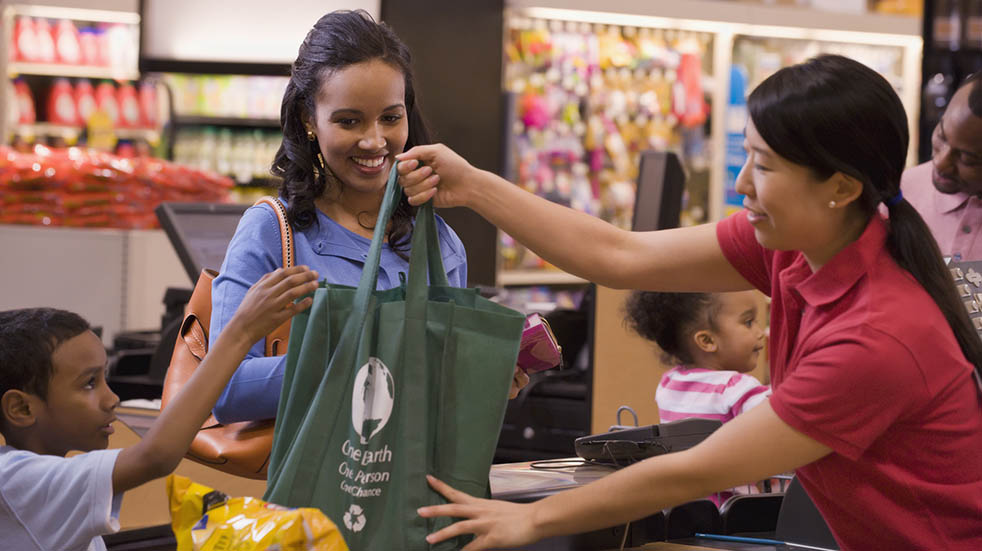
Saying no to excess plastic is the best way of reducing waste, and it needn’t mean making a scene. If you get supermarket food deliveries, opt for ‘no plastic bags’ – it’s an option available from Sainsbury’s, Waitrose, Tesco and Asda. Or try one of the organic food box delivery companies such as Abel & Cole or Riverford, who use minimal packaging and returnable boxes.
If you’re heading out and about, make sure you have the zero waste essentials: a reusable water bottle, reusable coffee cup and ‘bag for life’-type shopping bags (all are widely available, but we like the ones from the WWF online shop). These everyday items make a huge difference to plastic consumption (and save a lot of money in the long term), but only if you remember to take them with you. Helpfully, more and more shops and public places are providing free drinking water fountains – download the Refill app to find ones nearby.
• Read our guide to the best eco-volunteering holidays
Reduce
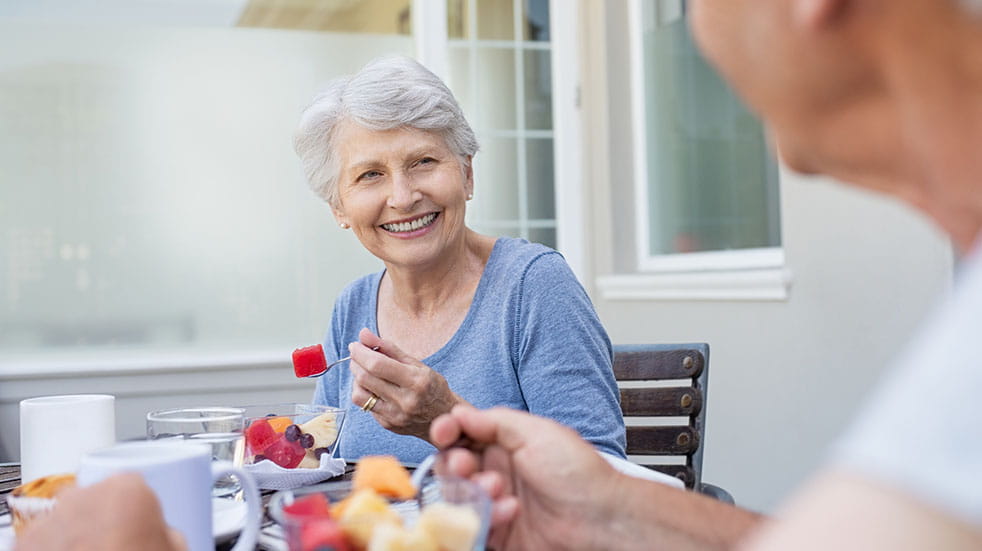
This one’s simple: the less you buy, the less you waste. Food waste is a huge problem globally, and although it’s improved in the UK in recent years, we still throw out the equivalent of £700 of food per household every year. Given that a lot of our grub comes in plastic packaging, that’s a double blow to the environment: plenty of ‘single-use’ plastic – all those out-of-date ready meals – is actually never being used at all.
So a simple step is to buy only what you can eat, and keep on top of those best-before dates. Even better, support your local zero waste shop, where you can stock up on store-cupboard essentials like pasta, flour and beans by filling your own containers rather than buying pre-packaged. Like all retailers, these stores have taken a knock during the coronavirus outbreak, but many are now reopening or offering home deliveries. Check out the Zero Waste Near Me website for your local outlet.
A more unexpected source of plastic is clothing. Synthetic materials such as polyester, lycra and acrylic are everywhere in our wardrobes, and come out – quite literally – in the wash. A recent study found that a single washing machine cycle can release up to 700,000 microscopic fibres, and these microplastics often end up in the sea, forming the vast majority of marine pollution. To reduce your footprint, keep wearing what you have for longer. If you’re buying new, look for sustainable and natural materials – bamboo is both, and also wonderfully soft on the skin.
• Don't miss our tips on how to live a greener life
Reuse
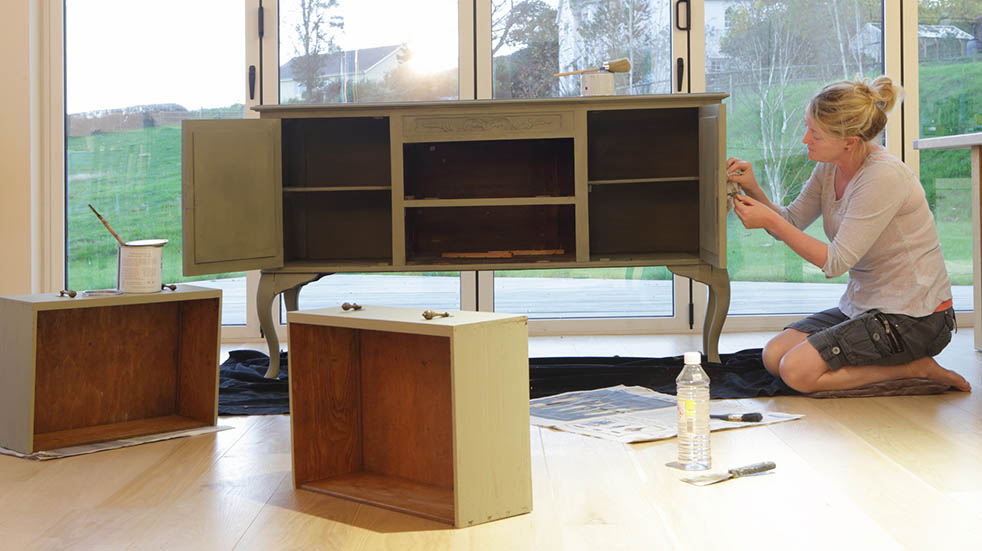
The old wartime mantra of ‘make do and mend’ had a resurgence this year as many of us turned to sewing kits and toolboxes rather than replacing broken or worn items. That may have been a necessity whilst shops were closed, but it’s a great trend for the environment – and, of course, a money-saver too.
If you can’t repair an item yourself, try to find someone who can. Repair Cafes are springing up around the country, providing the kind of inspiration and expertise you might have seen on the BBC’s hit Repair Shop programme. Alternatively, you can ‘upcycle’ almost anything and give it a new lease of life, from wing mirrors to plastic milk cartons. (If all else fails, you can turn pretty much anything into a plant pot.)
If you really can’t reuse something yourself, pass it on to someone who can. Charity shops are now reopening following coronavirus closures, and will welcome donations – although do check before dropping in, as new safety guidelines may apply.
Finally, if you have food to spare, check out the food-sharing app Olio, which connects the over-supplied with the under-nourished. With fruit-picking season coming up, it could be a great way of sharing a sudden bounty of apples, pears or berries.
Recycle
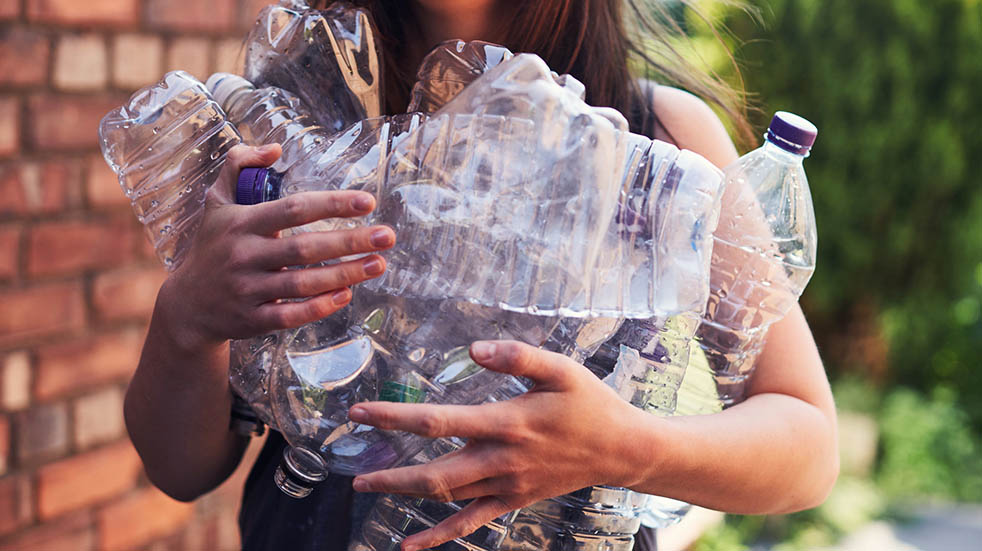
Almost all local councils now recycle at least some plastic, but the wide variety makes it less than straightforward. Plastic bottles are easy; pots and tubs widely accepted; but black plastics like microwaveable trays are currently impossible. (There’s a good guide to the various processes involved on the Recycle Now website.)
It’s worth checking your own council’s website for specific advice on plastics – often, they can recommend places to drop off specific items. And if a product (plastic or otherwise) can’t be recycled by the council, you may be able to find a specialist solution online. The garden-centre chain Dobbies is one of the few places you can return black plastic plant pots. Many companies offer postal schemes for electronic waste like mobile phones, and you can even recycle bike inner tubes by dropping them off at a shop.
Clearing up other people’s plastic – and then recycling it – is another way you can help. The marine pollution campaign Take 3 for the Sea is a brilliantly simple idea: if we all picked up three pieces of rubbish every time we visited the seaside, the oceans would be much cleaner places.
Rot
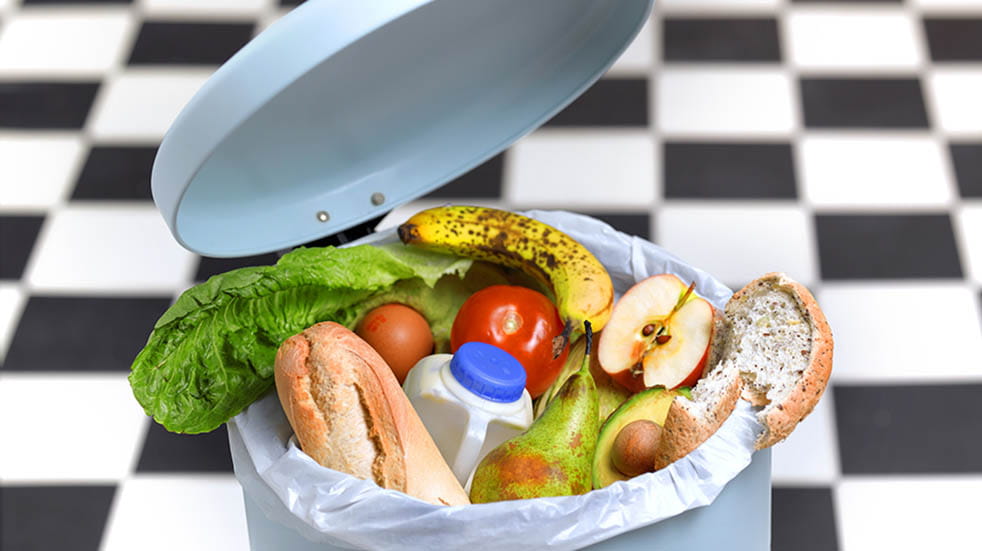
Admittedly, it’s hard to rot plastic – after all, its stubborn refusal to biodegrade is what makes it both long-lasting and environmentally challenging. But there’s an awful lot of household waste that can go in either your food scraps bin or garden compost heap. If it’s collected by the council, it’s usually used to generate clean energy; if it goes in your compost, it provides home-made soil improver for your geraniums.
Many magazines (including the Boundless members magazine) are now mailed in biodegradable wrap that can be used as caddy liners for your food waste. And if you’re a coffee lover, look out for the new breed of compostable coffee pods, which replace aluminium and plastic capsules with more eco-friendly alternatives. We’ll drink – from our reusable coffee cups – to that.
For more ideas on living without plastic, visit the Plastic Free July website

